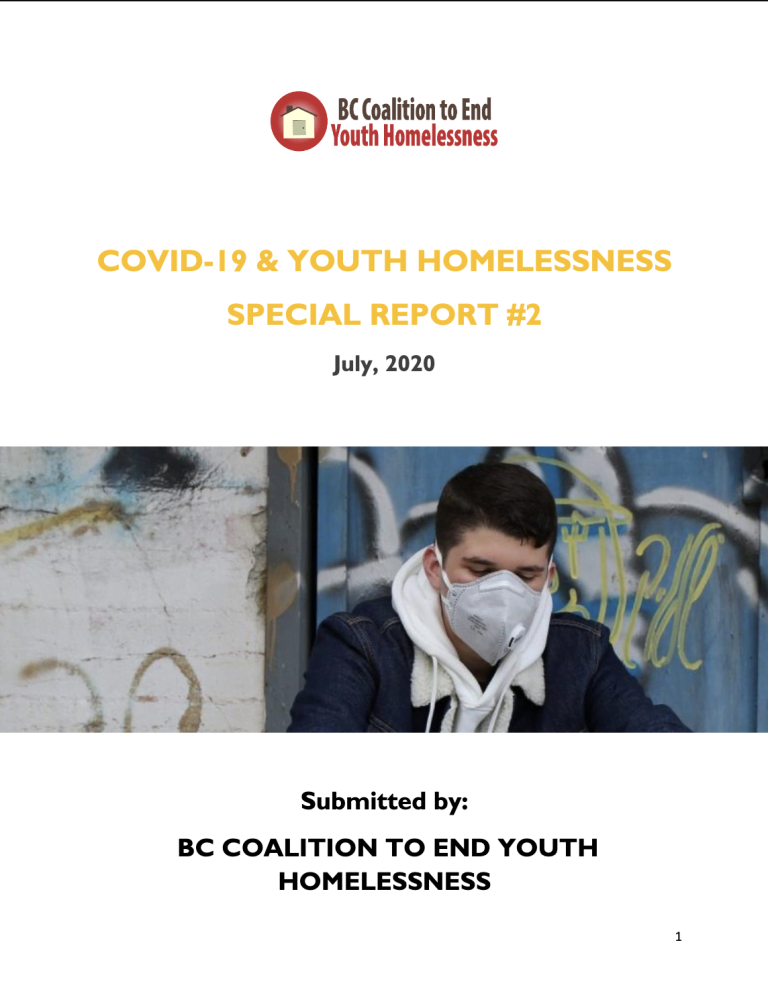82 search results
Income
Recommendation 61: Provide youth with budgeting skills as the CERB is changing how youth view money and they will need support to transition to employment.-
Category and theme:
Groups affected:
Employment
Recommendation 62: Youth need job training programs that provide case management, wraparound support, employment certificates, and workshops. There should be Indigenous specific programs.-
Category and theme:
Audience:
Groups affected:
Employment
Recommendation 63: Increase the number of paid work experience programs that build on youth’s lived expertise. For example, the youth-led “Light the Way Youth Homelessness Conference.”-
Category and theme:
Groups affected:
Employment
Recommendation 64: Provide youth with personalized support to transition back into the work-place and transition off of government benefits in a stable way. Youth will need support stabilizing mental health and substance use to be successful in future employment opportunities.-
Category and theme:
Employment
Recommendation 65: Zero Ceiling is a promising practice that has integrated employment and housing to help bridge youth out of homelessness into a sense of purpose. They provide mental health support and a strong recreation component that helps youth thrive in wellness.-
Category and theme:
Employment
Recommendation 66: Develop fun workshops that connect youth to employers and gets employers feeling a sense of responsibility and achievement from employing youth.-
Category and theme:
Audience:
Groups affected:
Supporting a resilient sector
Recommendation 67: Increased and sustained funding to manage additional expenditures of housing and supporting youth. Funding for wages should be adequate, so organizations are able to hire qualified and trained staff to offer meaningful support to youth.-
Category and theme:
Groups affected:
Supporting a resilient sector
Recommendation 68: Increased transparency from government organizations on the recovery plan.Supporting a resilient sector
Recommendation 69: Advocacy with the Federal government to ensure Indigenous organizations are able to access benefits as the current benefit through Indigenous Services Canada is only for people on reserve resulting in a gap. There needs to be advocacy so Indigenous youth are equally able to access relief funds and the same benefits provided to youth on reserve. In Burns Lake, the Friendship Centers are struggling to provide hampers, food, and to continue providing services to those most impacted by the pandemic.-
Category and theme:
Audience:
Groups affected:
Supporting a resilient sector
Recommendation 70: Continued access to phones, computers, and personal-protective equipment in order to maintain a quicker recovery response in the event of a second wave.-
Audience:
Groups affected:
